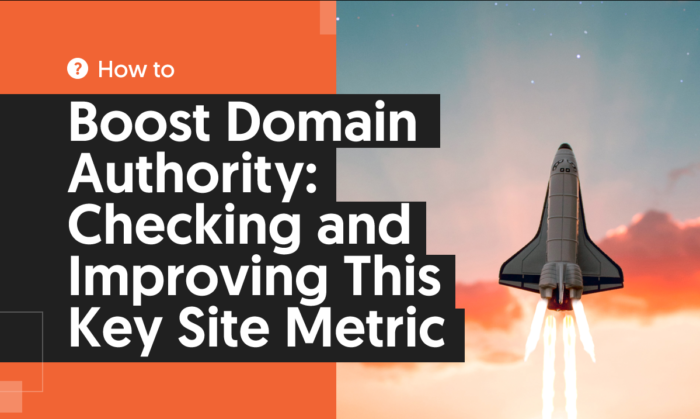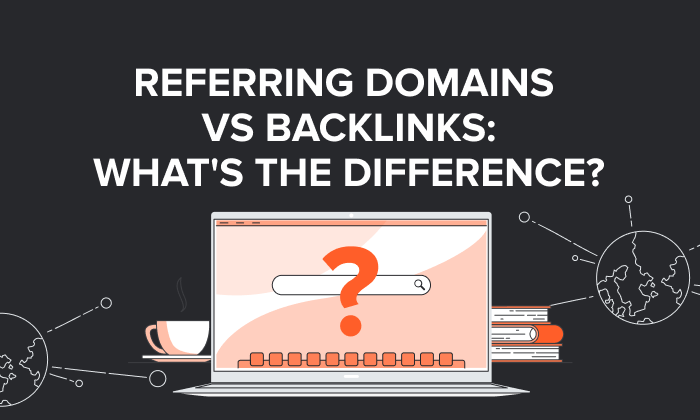12 Bad Link Building Practices & What to Do Instead

By pcaputa@hubspot.com (Pete Caputa)
Gaining inbound links from other websites is one of the best ways to improve your website’s rankings on search engines. However, link building can require a significant investment of time and resources and it may be tempting to take shortcuts.
However, following bad link building practices could land you in Google “jail” and cost you traffic and sales. Most times, you might even have to bear the extra cost of hiring professionals to help you recover your website.
In this post, we’ll cover what bad link building practices are and what to do instead.
1. Buying Links
Several sites and services help you buy text links on other sites that pass SEO credit. However, there is also a black market in link buying that is much less formal, more secretive, and less organized. We wouldn’t recommend either one.
This is probably the most tempting bad link building strategy because you get to control what sites you are getting links from and analyze these sites to ensure you’re not placing links in bad neighborhoods. You can also place links within relevant content and use anchor text for the keywords you are trying to rank for.
But — and it’s a big but —Google explicitly states that exchanging money for links to manipulate PageRank may be considered part of a link scheme and a violation of Google’s Webmaster Guidelines.
So maybe you’ll get away with it, maybe you won’t. Either way, we don’t advocate buying links.
What to do Instead
Buying links is not only a black hat SEO practice — it’s an expensive one. Instead of spending thousands of dollars on links that could bring you trouble, you could invest the money by hiring a writer to help you create quality content or getting more traffic to existing content through paid ads.
2. Targeting Domain Authority Over Website Relevance
Although Domain Authority (DA) gives a good idea about how likely a website will appear on the search engine result page (SERP), it shouldn’t be your number-one factor to consider when looking for backlinks.
If you focus on DA, you’d only be getting backlinks from a limited number of websites, and this could cause you to have an unnatural link profile.
What to do Instead
Build links with as many relevant websites as possible, irrespective of their domain authority.
You can think of these links as the connections or relationships we build in real life. Some of these connections grow stronger with time. We might outgrow some. We might need some for only a particular chapter of our lives, and so on. The same can be said of inbound links.
Also, a backlink is relevant when it’s from a site that covers subjects similar to yours, not because of its domain authority.
3. Not Personalizing Your Outreach Email
Gone are the days when you could hit up editorial teams with the “I was reading your piece on xxx and loved it so much. We just created …read more
Source:: HubSpot Blog

![→ Download Now: SEO Starter Pack [Free Kit]](https://no-cache.hubspot.com/cta/default/53/1d7211ac-7b1b-4405-b940-54b8acedb26e.png)






